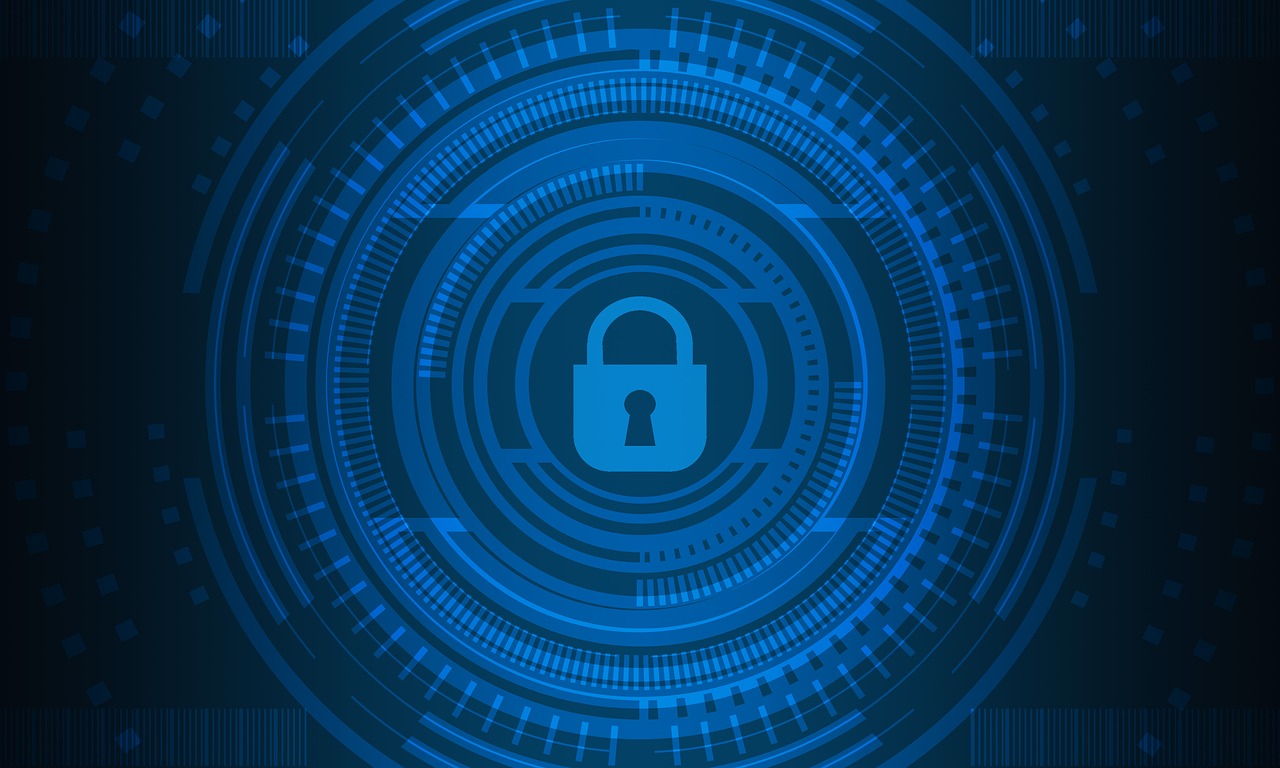What is Cyber Security?
It seems that everything relies on computers and the Internet now — communication (email, cellphones), entertainment (digital cable, mp3s), transportation (car engine systems, airplane navigation), shopping (online stores, credit cards), medicine (equipment, medical records), and the list goes on. How much of your daily life relies on computers? How much of your personal information is stored either on your own computer or on someone else's system?
Cyber security involves protecting that information by preventing, detecting, and responding to attacks.
While cybersecurity may seem like a complex subject, ultimately, it’s really boils down to people and how we interact with technology.
Useful Guides:

Tips for Staying Safe Online
- Enable Multifactor Authentication (MFA) on websites you use, especially with your banks and email services. If you've ever used an ATM or debit card, you have used multifactor authentication.
- MFA means using at least two types of information: something you have (such as your debit card) and something you know (the PIN to your debit card).
- Use strong passwords, or even better, passphrases. Many browsers now suggest strong passwords to you, which you can safely store within your browser.
- Don’t store passphrases on sticky notes, spreadsheets or digital documents. If you can’t recite your passphrases from memory, consider using a password manager.
- Recognize and Report Phishing emails or sites.
- Phishing is an attempt by an individual or group to solicit personal information by employing social engineering techniques. Phishing emails are crafted to appear as if they have been sent from a legitimate organization or known individual.
- Blueprint of a Phishing Attack (cisecurity.org)
- Keep the software on your computer, phone or other devices, up to date. If your device supports automatic updating, please enable it.